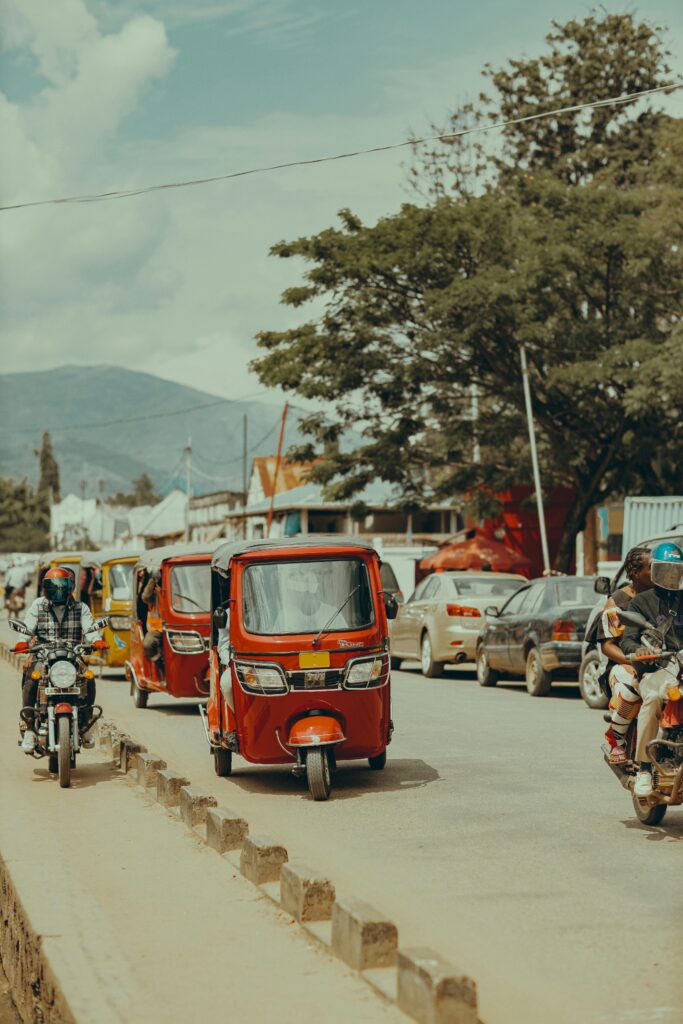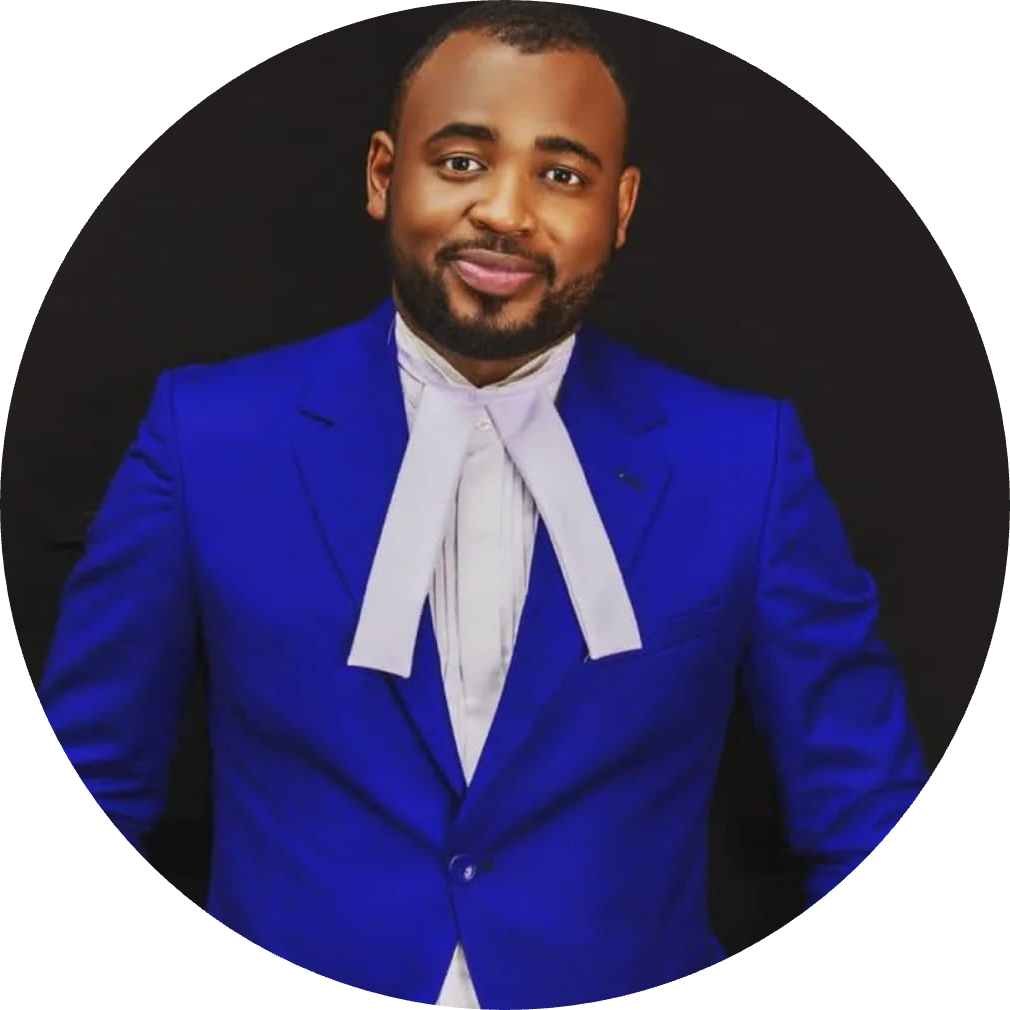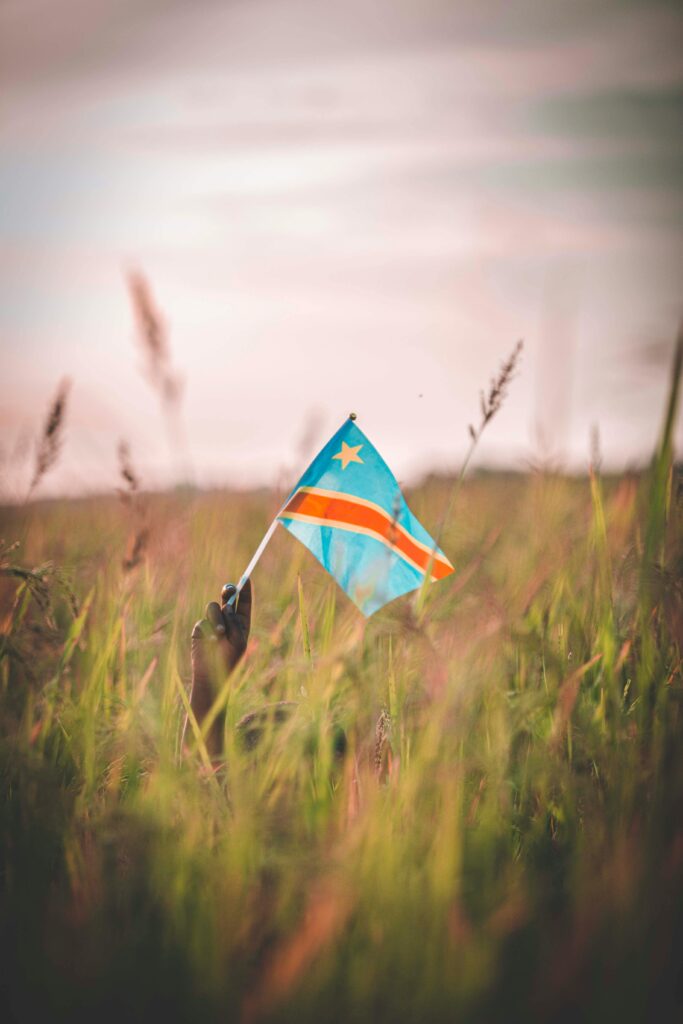Introduction
The Democratic Republic of the Congo (DRC) is currently experiencing a multifaceted crisis characterized by escalating armed conflicts, political instability, and severe humanitarian challenges. The resurgence of the March 23 Movement (M23) rebel group, significant territorial losses, and widespread displacement have exacerbated the nation’s turmoil.
This article provides a comprehensive analysis of the current situation, detailing the roles and interests of the various parties involved.
Background of the Conflict
The DRC’s eastern regions have long been plagued by armed conflicts, primarily due to ethnic tensions and competition over abundant natural resources. The M23 rebel group, predominantly composed of ethnic Tutsis, emerged in 2012 after accusing the Congolese government of failing to honor a 2009 peace agreement. Although the group was subdued in 2013, it resurfaced in 2021, launching offensives that have led to the current crisis.
Recent Developments
In late January 2025, M23 rebels seized Goma, the capital of North Kivu province and a strategic city in eastern DRC. This offensive resulted in significant casualties and mass displacement. As of January 30, Goma’s hospital morgues reported 773 bodies, with 2,880 individuals wounded over a four-day period. The capture of Goma, a city of approximately two million residents, has intensified the humanitarian crisis, with hundreds of thousands fleeing the violence.
Humanitarian Impact
The conflict has precipitated a dire humanitarian situation. Over 100,000 people have been displaced from Masisi territory in North Kivu since the beginning of 2025 due to ongoing clashes between M23 and the Congolese army. The total number of displaced individuals in North Kivu now exceeds 2.8 million, representing more than a third of the province’s population. Humanitarian organizations face significant challenges in providing aid due to ongoing hostilities and looting, leading to severe shortages of medical supplies and widespread human rights violations.
Political Unrest
The fall of Goma has sparked political unrest in the DRC’s capital, Kinshasa. On January 28, 2025, violent demonstrations erupted, targeting multiple foreign diplomatic missions, including the embassies of the United States, France, and Rwanda. Protesters expressed their opposition to perceived international inaction regarding M23’s advances and alleged foreign involvement in the conflict. The government has called for peaceful demonstrations and respect for diplomatic infrastructure, but tensions remain high.

Roles and Interests of Involved Parties
1. M23 Rebel Group. Initially formed to advocate for the rights of Tutsis in the DRC, M23 has evolved into a significant military force. Under the new leadership of Corneille Nangaa, a former head of Congo’s election body, the group is attempting to rebrand itself as a diverse, nationalist movement, distancing from its Rwandan support and striving to present itself as a Congolese nationalist group. Their primary interest lies in gaining political leverage and control over resource-rich territories.
2. Democratic Republic of the Congo Government. Led by President Félix Tshisekedi, the government aims to maintain territorial integrity and political stability. The resurgence of M23 poses a significant challenge, undermining the administration’s authority and control over eastern regions. The government has mobilized the national army (FARDC) and allied with regional forces, such as Burundi’s troops, to counter the rebel advances.
3. Rwanda. Rwanda has been accused of supporting M23, a claim it denies. The Rwandan government, led by President Paul Kagame, has historically been involved in Congolese conflicts, citing the protection of ethnic Tutsis and security concerns along its border. However, Rwanda’s involvement is also linked to interests in the DRC’s mineral wealth.
4. Burundi. Burundi has deployed troops to support the Congolese army in combating M23 rebels. This involvement reflects Burundi’s interest in regional stability and preventing the spillover of conflict into its territory. However, tensions have arisen between Burundi and Rwanda, with each accusing the other of interference in the DRC’s internal affairs.
5. International Community. Western nations, including the United States, France, and the European Union, have condemned the rebel advances and called for de-escalation. However, their support for Rwanda as a regional ally has drawn criticism, with accusations of complacency and facilitating the crisis. The United Nations has also expressed concern over the deteriorating situation and emphasized the need for protecting civilians and humanitarian workers.
Recommendations for Addressing the Crisis in the Democratic Republic of the Congo (DRC)
The ongoing crisis in the Democratic Republic of the Congo (DRC) requires a multi-pronged approach that integrates political, military, diplomatic, and humanitarian efforts to restore stability. Given the complex interplay of local, regional, and international actors, addressing the root causes of the conflict is essential to achieving sustainable peace.
A primary step toward resolution is initiating inclusive political dialogue among key stakeholders. The Congolese government must engage in negotiations with the March 23 Movement (M23) and other armed groups to establish a ceasefire and explore long-term solutions to grievances that fuel rebellion. Regional mediation efforts, particularly through the East African Community (EAC), the Southern African Development Community (SADC), and the African Union (AU), should be strengthened to facilitate meaningful discussions. These organizations can serve as neutral arbiters to broker peace agreements while ensuring that both political and military solutions are implemented effectively. Furthermore, the Congolese government must commit to addressing governance deficiencies, corruption, and ethnic marginalization, which contribute to recurring insurgencies.
In terms of military strategy, a re-evaluation of the security apparatus is crucial. The Armed Forces of the Democratic Republic of the Congo (FARDC) require structural reforms to enhance their effectiveness in countering rebel advances. Training, professionalization, and equipping the military with adequate resources can strengthen their capacity to secure volatile regions. However, military action alone will not suffice. The government should also focus on disarmament, demobilization, and reintegration (DDR) programs to encourage M23 fighters and other militias to lay down their arms and reintegrate into society. Lessons from past peace processes indicate that providing economic incentives, vocational training, and community reintegration strategies can reduce the appeal of armed rebellion.
Addressing the humanitarian crisis must be a top priority. With over 2.8 million people displaced in North Kivu alone, immediate measures are needed to ensure access to essential services such as food, water, shelter, and medical care. Humanitarian organizations, including the United Nations (UN), the International Red Cross, and Médecins Sans Frontières (MSF), should be granted safe access to conflict zones to deliver aid. Additionally, securing funding for humanitarian response is critical, as prolonged conflict strains existing resources. The international community, including donor nations and global institutions such as the World Bank and the International Monetary Fund (IMF), should provide financial assistance to address food insecurity and support displaced populations.
Diplomatic engagement with neighboring countries, particularly Rwanda and Burundi, is essential to curbing foreign involvement in the conflict. Rwanda has been accused of supporting M23 rebels, while Burundi has deployed troops to counter the group. These regional tensions exacerbate the situation and undermine peace efforts. A diplomatic resolution, possibly through direct engagement between Presidents Félix Tshisekedi and Paul Kagame under AU mediation, is necessary to prevent the escalation of hostilities. The African Union, the United Nations, and international partners such as the United States and the European Union should push for a regional peace framework that includes commitments from all parties to cease military support for armed groups in the DRC. Establishing a regional security mechanism to monitor and report cross-border movements of armed groups can further prevent external interference.
The role of the international community extends beyond diplomatic mediation. Sanctions against individuals and entities fueling the conflict, including arms traffickers and political financiers, should be strengthened. The UN Security Council, along with the European Union and the United States, should impose targeted sanctions on leaders of M23 and any state actors found complicit in perpetuating violence. Furthermore, peacekeeping operations in the DRC must be reinforced. While the UN Stabilization Mission in the Democratic Republic of the Congo (MONUSCO) has played a critical role in maintaining order, its mandate should be reassessed to ensure it effectively supports security efforts. Enhancing MONUSCO’s operational capacity and collaboration with Congolese forces can improve security conditions in conflict-prone areas.
Finally, addressing the economic drivers of conflict is fundamental to achieving long-term stability. The DRC’s vast mineral wealth, including coltan, gold, and diamonds, has fueled insurgencies and external interference. Implementing stringent measures to regulate the extraction and trade of these resources can weaken the financial networks that sustain armed groups. The Congolese government, in partnership with international bodies such as the Extractive Industries Transparency Initiative (EITI), should enforce stronger governance measures in the mining sector, ensuring that revenues benefit local communities rather than fueling conflict. Formalizing artisanal mining and improving oversight on mineral exports can also reduce illicit trade that finances rebel activities.
Finally, resolving the crisis in the DRC requires a coordinated approach that integrates political negotiations, military reforms, humanitarian interventions, diplomatic engagement, and economic governance. The Congolese government must demonstrate a strong commitment to addressing root causes such as ethnic tensions, governance failures, and economic inequalities. Regional actors and the international community should provide unwavering support through mediation, funding, and security cooperation. By implementing these recommendations, the DRC can move toward a sustainable peace that addresses both immediate security threats and the long-term development of the nation.
Conclusion
The Democratic Republic of the Congo is at a critical juncture, facing escalating conflict, political unrest, and a worsening humanitarian crisis. The complex interplay of local, regional, and international actors, each with distinct interests, complicates efforts to achieve peace and stability. Addressing this multifaceted crisis requires a comprehensive approach that includes political dialogue, strengthened security measures, and robust humanitarian assistance. The international community must play a proactive role in facilitating negotiations, holding accountable those who violate human rights, and providing support to alleviate the suffering of the Congolese people.
REFERENCES
Al Jazeera, ‘A Guide to the Decades-Long Conflict in DR Congo’ (Al Jazeera, 21 February 2024) https://www.aljazeera.com/news/2024/2/21/a-guide-to-the-decades-long-conflict-in-dr-congo.
Associated Press, ‘As M23 Rebel Group Advances in Congo, a New Leader Signals a Shift in Its Identity’ (AP News, 31 January 2025) https://apnews.com/article/c8c83dfff70afdd1ea112b54f93515ff.
Reuters, ‘Congo’s Goma Sees Deadly Violence as M23 Rebels Advance’ (Reuters, 30 January 2025)
Sputnik Africa, ‘Over 100,000 Displaced in Masisi Territory amid Congo Clashes’ (Sputnik Africa, 2025).
The Guardian, ‘Western Silence on Rwanda’s Role in Congo Conflict Under Scrutiny’ (The Guardian, 2025).
The United Nations, ‘UN Expresses Concern Over Deteriorating Situation in Eastern DRC’ (UN News, 2025).
Wikipedia, ‘2025 Protests in Kinshasa Over M23 Advances’ (Wikipedia, 2025).

Author: Patrick M. Mumo
FIAE Head of Leadership & Governance Unit


These recommendations are insightful and offer viable routes to achieving peace in the DRC. However, a lack of political will both regionally and internationally could hinder even the most well-conceived strategies for attaining lasting peace. Ongoing advocacy for the people of the DRC would draw global attention and encourage those in positions of power to address this crisis through mediation, with the humanitarian goal of reaching agreeable solutions to the fundamental issues affecting the DRC.
Incisive analysis and recommendations
Kiongozi on it, like never before. Kudos Senior Counsel
there is always time for every nation on earth to stand up and act decisively on what ever challenges it faces..as a country we congolese have been and are still betrayed internationally,within the african continent itself, and locally by power hungry individuals with high connections with international or western countries that wanted the drc conflict to remain a stealth conflicts undetected and totally unacountable…sometimes the difference between life and death can only be keeping your eyes open…kongolese youths are not sleeping and have the responsibility to ensure that the next future generations of our beloved kongo not to have to go through the same painfull and horrible history.. God blessed kongo with immense natural resources and no one can curse us but it will be a curse on every kongolese if they dont act accordingly…i am speaking here to the older generation of kongolese in the diaspora to STOP dying old outside kongo
I am George A. Johnson, President of Burning Bush Global Ministries. we have initiated a School of Ministry in Goma with our Representative Bishop Hereiter Bama and 17 Ministry Partners, Congolese, who are working with us. this ministry is over 44 years old ministering in over 24 different countries. We are going to hold 4 weeks of Crusades, 2 weeks in Kinshasa and 2 in Goma. then I will be staying in country for months meeting with Church and Religious Association leaders, local governments, local citizens and tribal leaders getting their heart beats and seeing what they want to see happen and develop. I feel the need to heart the desires of the Nation in order to help formulate a lasting and profound change in the country to help one and all. I am trying to reach President Trump informing him of my intentions and hearing his intentions fo DR Congo so we can aid his efforts and see that our efforts are not detrimental to the Peace accord and DRCongo’s President’s plans.
Sincerely,
Bishop President George A. Johnson.